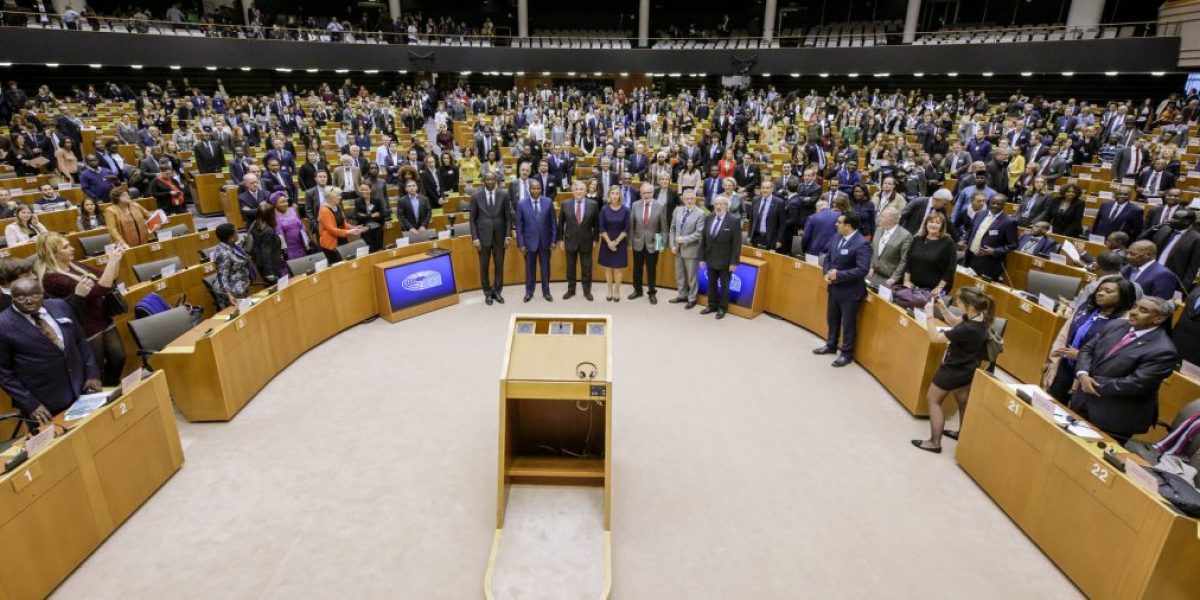In this environment Africa has been little more than an after-thought, or at best the passive object of other nations’ foreign policies. One consequence of the ending of the Cold War and the subsequent, much discussed ‘uni-polar moment’ has been a renewed interest in multilateral institutions as instruments to restrain unilateral state action. Although still not strong in any military sense or as decisive in action as a nation-state, the United Nations has attracted followers while in trade, economic policy, peacekeeping and crisis intervention, there has been a shift in influence of great consequence to foreign policy practitioners. This is the recognition that the United States and Europe remain highly influential but in power and normative terms can no longer take unilateral action.
In today’s more consensus-orientated world, unilateral coalitions of the willing still can and do act; but greater consideration is being given to the views and policies of nations formerly ignored by the great powers. In many forums African states – which together represent a quarter of all the nations on earth – have a new relevance in international affairs. Of course, they continue to be financially dependent and rarely have the clout to mount spirited foreign policy initiatives. But their votes matter; and Africa is highly relevant to global concerns over issues such as energy security, conflict prevention, terrorism, drug smuggling, illegal immigration, financial regulation, money laundering, development, disease, minerals, wildlife conservation and climate change. The world is still far from coming together as a global village but there have been important moves away from the Hobbesian state of nature that in centuries past, permitted unrestrained conflict between nations.
In this slowly shifting context, it is important to reconsider the dynamics, policy priorities and strategic interests that drive African nations’ foreign policy. Africa may not be leading global debates, but its views certainly are of greater consequence than hitherto, given the greater deference of global institutions to consensus decision-making and regional bloc representation.








